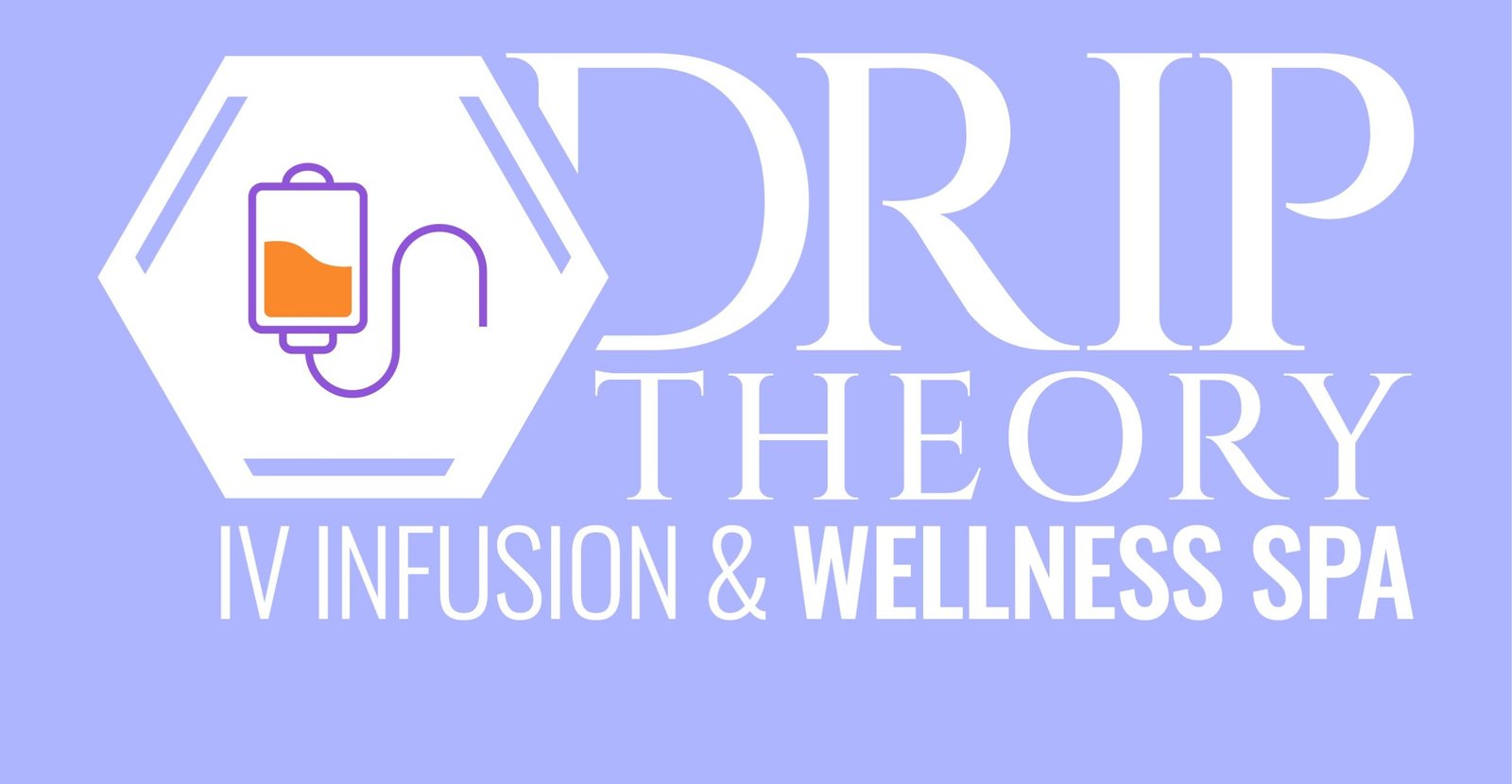In the realm of health and wellness, there’s a continuous quest for innovative treatments that promise to enhance our well-being and slow down the aging process. One such emerging trend is NAD+ therapy. It’s a concept that has been making waves in recent years, and it’s important to understand what NAD+ therapy is, how it works, and its potential benefits.
NAD+ Defined
NAD+ stands for Nicotinamide Adenine Dinucleotide, a coenzyme that plays a fundamental role in various cellular processes. This coenzyme is found in all living cells and is vital for energy production, DNA repair, and regulating other critical functions. As we age, NAD+ levels tend to decrease, which has prompted interest in replenishing them to potentially slow down the aging process and support overall health.
How NAD+ Therapy Works
NAD+ therapy involves the intravenous or oral administration of NAD+ supplements. By increasing NAD+ levels in the body, the therapy aims to optimize cellular functioning and potentially combat some age-related issues.
There are two primary methods for administering NAD+ therapy:
● Intravenous (IV) Infusion: In this method, NAD+ is delivered directly into the bloodstream through an IV line. This allows for rapid absorption and is often the preferred method for those seeking immediate results or targeting specific health concerns.
● Oral Supplements: NAD+ supplements can also be taken orally, but they may have a slower and less efficient absorption rate compared to IV administration.
The Potential Benefits of NAD+ Therapy
NAD+ therapy is often marketed with various potential benefits, although it’s important to note that research in this area is still ongoing, and not all claims are well-established. Some of the potential advantages of NAD+ therapy include an energy boost, as NAD+ plays a crucial role in the production of energy within cells, potentially leading to increased vitality and reduced fatigue. Moreover, NAD+ is involved in DNA repair mechanisms, which are essential for maintaining genetic integrity and possibly slowing down the aging process. Additionally, proponents of NAD+ therapy suggest it may help enhance cognitive function and combat age-related cognitive decline, offering potential benefits for mental well-being.
It’s also linked to the regulation of metabolism, and it’s thought that NAD+ therapy could support weight management and overall metabolic health, making it a topic of interest for those seeking improved fitness and well-being. Furthermore, there is speculation that NAD+ therapy might enhance the immune system’s functionality, potentially leading to better resistance against infections and diseases. Lastly, while the idea of extending the human lifespan is largely theoretical, some researchers believe that NAD+ therapy might have the potential to promote healthy aging and possibly increase lifespan.
However, individuals considering NAD+ therapy should approach it with caution, given that it is a relatively new concept, and the long-term effects and safety profile are not yet fully understood. Consulting a healthcare professional, ensuring supplement quality, recognizing individual variability in responses, and considering the associated costs are all crucial factors for making informed decisions about NAD+ therapy.
Considerations and Caution
While NAD+ therapy offers intriguing possibilities, it’s crucial to approach it with caution. This therapy is relatively new, and the long-term effects and safety profile are not yet fully understood. Individuals considering NAD+ therapy should keep these points in mind: First, consult a healthcare professional before embarking on NAD+ therapy. They can assess whether it’s a suitable option for you and provide guidance on dosages and frequency.
Second, ensure that any NAD+ supplements used in therapy are of high quality and purity, as the source and manufacturing of these supplements can greatly affect their effectiveness and safety.
Third, be aware that individual responses to NAD+ therapy vary; not everyone will experience the same benefits, and factors like age, overall health, and genetic variations can influence the therapy’s effects. Lastly, consider the financial implications, as NAD+ therapy can be expensive, especially when administered through IV infusions.
Conclusion
NAD+ therapy is an emerging trend in the world of health and wellness, offering a promising approach to optimizing cellular function and potentially promoting overall health and longevity. While it’s essential to approach this therapy with caution and consult a healthcare professional, the potential benefits make it an exciting area of exploration for those seeking ways to enhance their well-being and potentially slow down the aging process. As research in this field continues to evolve, NAD+ therapy may become more refined and better understood, potentially opening up new possibilities for health and longevity in the future.
